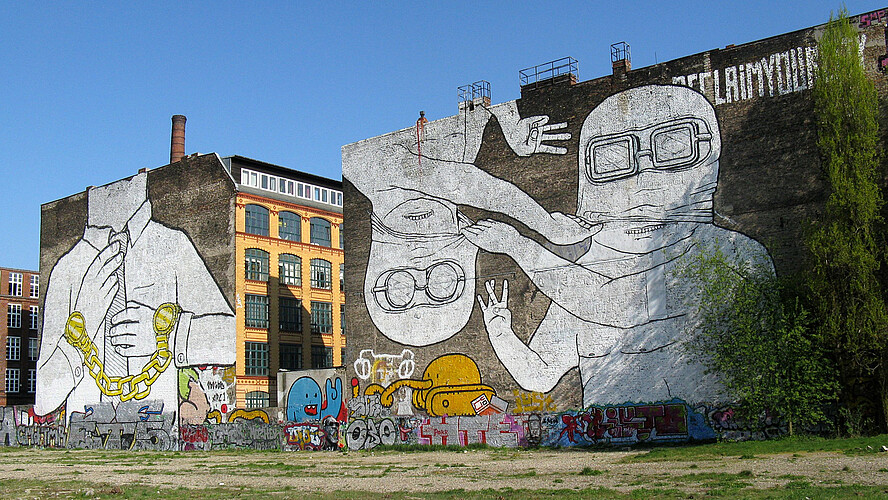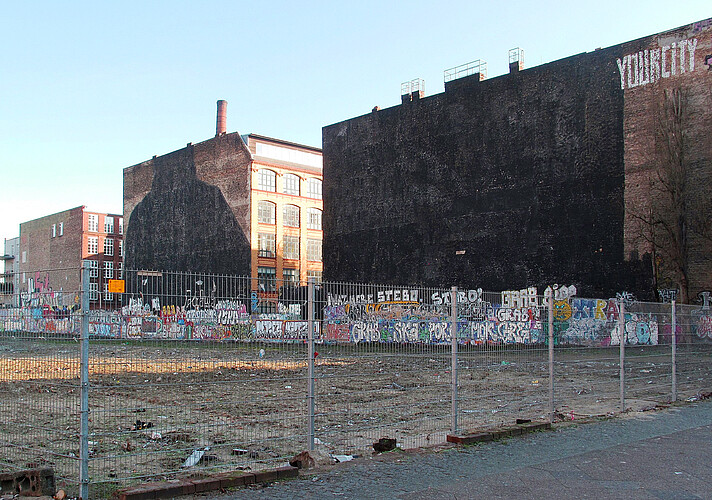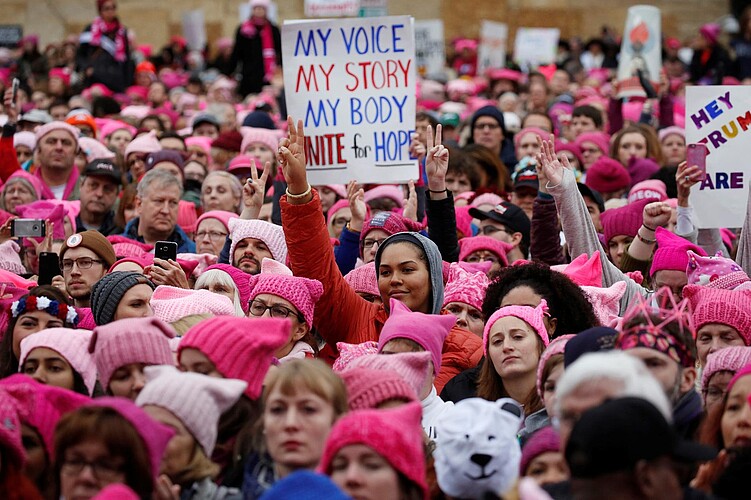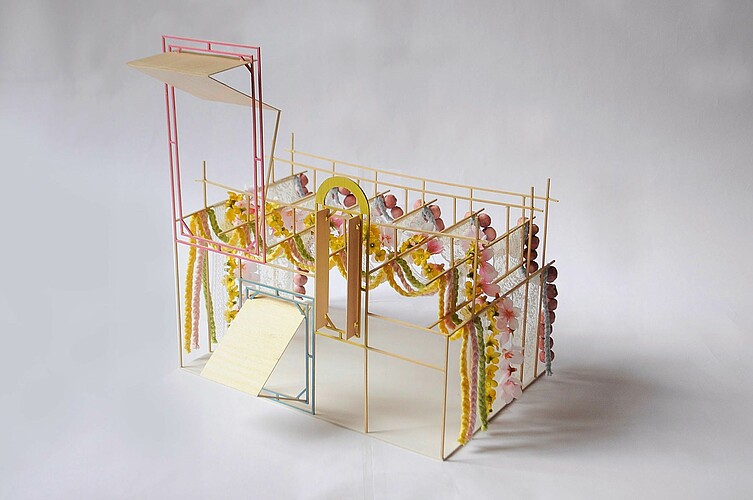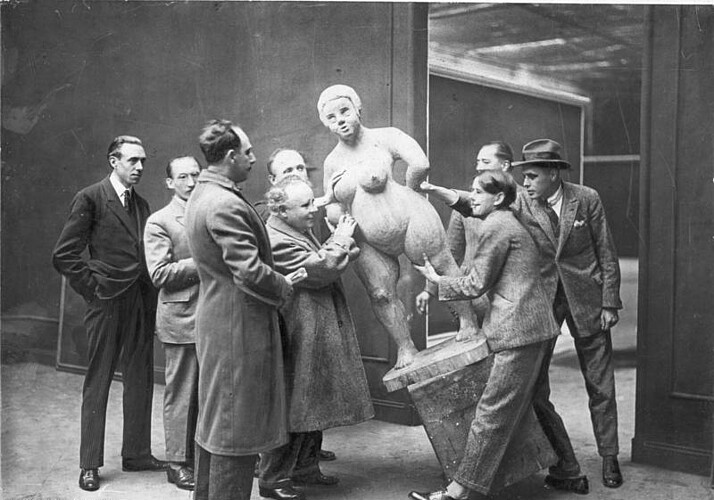studio raumproduktion 24: Do What You Want
Do What You Want!
„total freedom is no freedom at all“ ?!
The studio “Do What You Want” promotes the free exploration of student ideas and methods. In the words of bell hooks, “The classroom remains the most radical space of possibility in the academy… a place to learn… where we can think and rethink, create new visions, [a place] that enables transgressions—a movement against and beyond boundaries.” This semester we are eager to once again open the studio for fresh explorations.
"Collaboration is work across difference." "Do What You Want" is both radically individualistic and rooted in collaboration and solidarity. Everyone plays a part in shaping the classroom dynamic; everyone contributes. Each studio day, we'll dedicate the day to colloquium-style meetings, quick pin up-s and extended presentations – opening and sustaining a forum for discussing individual projects and negotiating the collective studio process. Through these engaged practices, we foster a studio culture rooted in collaboration and mutual support.
"We need to reopen our imagination." We embrace errors, the unfinished, and the open-ended. The unplanned can be intimidating, yet what if the aspects we deem uncertain or trivial are actually central to the systems we aim to understand? (Anna Tsing) In a time riddled with crises and uncertainties, when many beliefs and understandings we once held dear no longer make sense, it's essential to rekindle our imagination and forge new tools of observation. We're keen to explore diverse research methodologies, welcome change, and invent new strategies and research categories tailored to our group. All the while, we maintain a willingness to make mistakes and pivot when necessary.
"To listen to and tell a rush of stories is a method.“ We hope your work will resemble the abundant flushes of mushrooms that appear after rain: lavish, inviting exploration, and always offering more than meets the eye. Such work represents an open-ended assemblage, not a logical machine, signifying the vastness of the unknown waiting to be discovered.
This semester, we will engage in a series of conversations around the question of freedom. Current debates address and re-asses various forms of freedom, categorised as freedom of the arts, freedom of speech, freedom of movement, freedom of research and education. We will counterbalance this by taking a look at „the tyranny of structurelessness“ by Jo Freeman (https://www.jofreeman.com/joreen/tyranny.htm). It is evident that freedom cannot be discussed without looking at (social) relations, at responsibilities and a limited common frame, our collectively inhabited planet.
Integral to our course is the hosting of discursive dinners and other forms of hospitality to foster discussions.
The intersecting endeavours of three student groups—space group, documentation group, communication group—constitute a vital segment of this course, helping us to build cross relations across the individual design tasks and acting as stewards towards the common environment of a coproduced space for learning and exchange.
The number of participants is limited to 12 students.
Our meetings are scheduled every Tuesday for the whole day, 2 pm to 6.45pm, in Studio 401.
